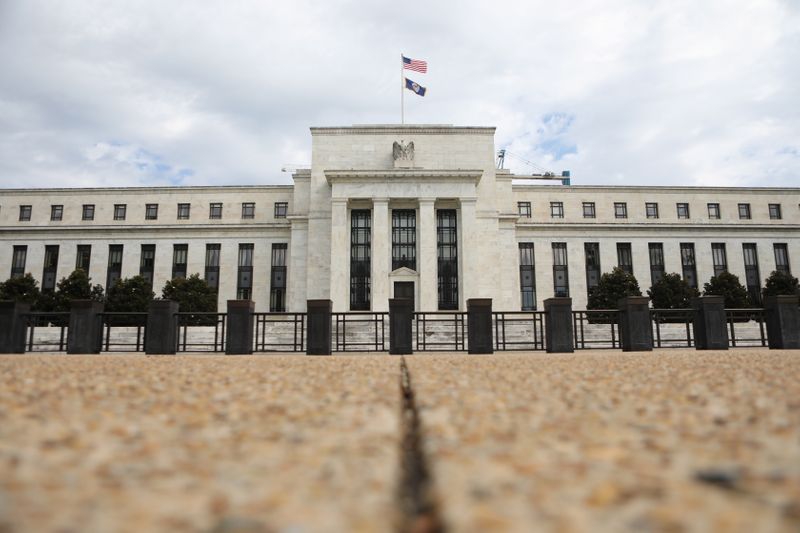
The size of the Fed’s balance sheet – composed of assets ranging from U.S. Treasury bonds and mortgage-backed securities to loans to banks and state governments – fell to $7.13 trillion on June 24 from $7.14 trillion a week earlier, data released by the Fed showed on Thursday.
Thursday’s data also showed the Fed has yet to extend any credit under its Main Street Lending Program, designed to give small and mid-sized businesses a funding backstop during the coronavirus crisis. While the facility’s balance rose to $37.5 billion from $31.9 billion a week before, the change entirely reflected additional seed capital from the U.S. Treasury.
As was the case a week earlier, when the Fed’s balance sheet shrank for the first time since February, the main culprit in the overall drop was another big reduction in foreign exchange swaps with other central banks as the dollar-funding crunch that had triggered their heavy use starting in March continued to ease.
The balance outstanding fell to just under $275 billion on June 24 from $352.4 billion a week earlier. It was the lowest level since March 25 and is now nearly 40% below its peak usage in late May.
Related data from the Federal Reserve Bank of New York, which executes the swaps, showed the balance on Thursday was lower still at $228.7 billion. The two biggest users of the facilities – the Bank of Japan and European Central Bank – have sharply curtailed their use, allowing a number of 3-month swaps initiated in March to mature without rolling the full balance into new agreements.
The Fed’s repo facilities are also seeing far less use. At $70.2 billion outstanding on Wednesday, down from $79.1 billion a week before, it was the lowest since mid-September when the Fed was forced to start injecting cash into the banking system to alleviate funding stress caused by its then-shrinking balance sheet.
Source: Economy - investing.com



